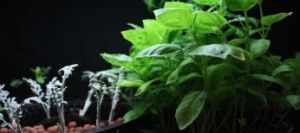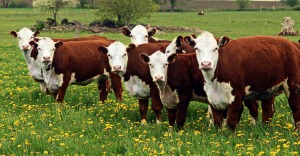Hydroponic basically means growing vegetables or plants without using soil. All needed food supplements for the vegetation are known as hydroponic supplement, which are melted in the water & directly fed to the roots mechanically.
Just imagine growing vegetables without even having to worry about the soil type. No more concerns regarding too much or too little water; how much manure or when to fertilize; or the hard work of ploughing & weeding to offer just the perfect soil uniformity & quality; and how much room to provide each plant to ignore from going after water and nourishment.

Hydroponic veggies are dynamic, healthy and always dependable. Moreover,
hydroponic gardening is very clean and effortless, requiring very little hard work. You can yield at the top of nutrition worth, when vines ripened, & they taste wonderful.
In soil, plants develop a big root system to look for water and food. However, in hydroponic method water and foods are directly fed to the root. This allows the foliage to invest more energy on growing the branch on top of the surface, therefore, growing 2 times quicker. With tiny roots, the plants can be grown more closely, preserving much space. Hydroponic gardens need only about twenty percent of the total space required for soil gardens for the same vegetable production.
Common benefits of hydroponic vegetable production:
• Vegetables produced hydroponically can be of great quality and require very little cleaning.
• Soil preparation & weeding is decreased or abolished.
• It’s absolutely possible to produce extremely high yields of veggies on a small area. All the supplements that the plants require are accessible at all times.
• Water is used more effectively
• You don't require good-quality soil to grow plants or vegetables
• Contamination of soil with unused nutrients is deeply decreased.
